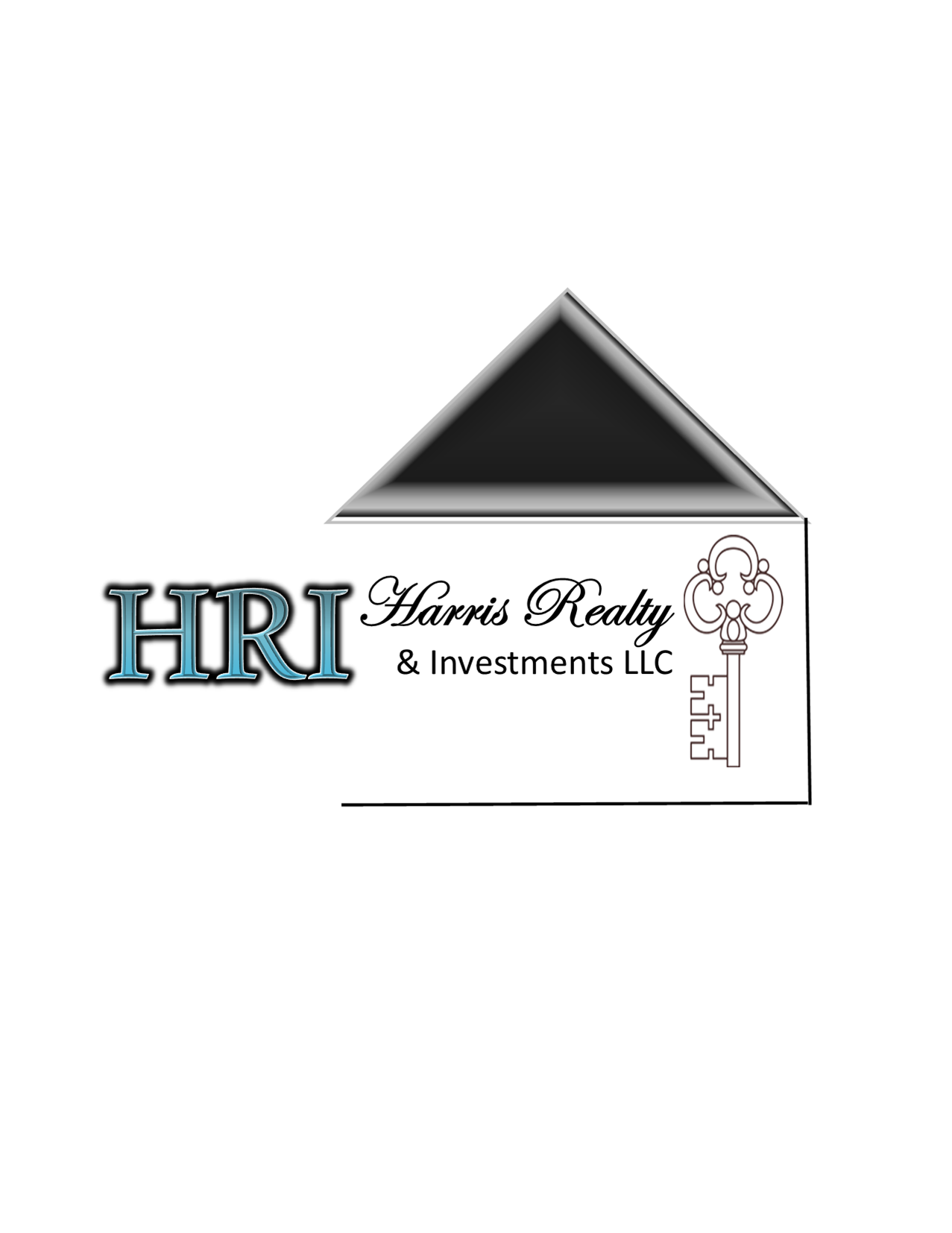
Message from Harris Realty & Investments LLC
We’ve experienced an unbelievable and life-threatening disease this past year that has changed the way that we normally do everyday things. But we just wanted to let you know that we’re here for you and will safely help you through the homebuying process within our “New Norm” using all the safety guidelines that are in place for Covid-19. We take the Coronavirus seriously and will take every measures to keep our clients safe and healthy.
Short Sales and Foreclosures
So what’s a short sale? A short sale is a sales agreement for the property between the owner of a property and the mortgage lender or lenders to keep the property from going into foreclosure. The lender(s) will agree to accept a pay-off amount less than what the current homeowner(s) owe on the remainder of their mortgage loan(s).
Are you wondering why would the lender(s) agree to this, well it’s simple the cost of the lender taking the property through the foreclosure process is usually much higher than allowing the property to be sold at a lower amount in a short sale.
Now there has to be a legitimate reason that a person can request a short sale from the lender. You can’t just say “Hey I don’t want this property anymore” and they’ll agree to grant you a short sale. It has to be some sort of hardship such as loss of job, death, etc.
Now let’s talk a little about the reasons and benefits for the you to do a short sale.
The reasons a short sale could be a good option is:
- If you’re upside down on your mortgage(home value is lower than what your loan amount is)
- Can’t afford the monthly payments anymore
- Can’t refinance or modify their mortgage nor sell the property at what they owe.
- Facing a long term hardship situation
- Marriage or partner situation has changed and you can’t afford payments alone.
The benefits of doing a short sale for the owner:
- A short sale has less of an impact on your credit the way that a foreclosure would be.( A foreclosure could be on your credit for 7 years
- Eliminate the remainder of your mortgage loan debt
- May be able to purchase another home sooner
- May get financial moving assistance from the lender
So we’ve gone over the reasons and benefits of a short sale but we still have to go over the downsize for the seller. Although the lender(s) may agree to take a short sale offer for the property the seller may have to pay the remainder of the loan and pay taxes on the amount the home was sold for because it could look like a gain to Uncle Sam.
Many lenders will forgive the balance of the mortgage loan but not all lenders will so it’s important to find out that information at the beginning of the process.
Another issue that could come up doing the short sale process is the time it takes to close on the sell, even though it’s called a short sale it can take up to 6 months or more to close.
A short sale can be a very strenuous and frustrating process by itself without having to worry about additional issues that may arise. But if they do it’s important to have an experienced Realtor who knows what to do to get you to the end of this process successfully.
Remember any real estate agent can sale a home but not all real estate agents can list and sell a short sale.
What’s a foreclosure? I’m sure you’ve heard this term over and over in your adult life and for a lot of people who are on the wrong side of this process it might as well be as bad as hearing that other F word but to our buyers it like music to their ears!
Wikipedia says a Foreclosure is a legal process in which a lender attempts to recover the balance of a loan from a borrower who has stopped making payments[1] to the lender by forcing the sale of the asset used as the collateral for the loan.[2]
In layman’s terms, the owner of the property stopped making payments on their loan so their lender sold the property that was used as collateral to get some or all of their money back.
The term foreclosure is actually referring to the process but most people use this term to describe the property itself. The property may also be called a bank-owned property or REO or even a HUD home. Well no matter what you may call it buying one of these properties can be a great deal for a buyer or an investor because it could be purchased for much less then it’s market value.
But along with the benefits there are also risk because this property is being sold AS IS from a bank or lender. You may have to make major repairs because usually, the bank doesn’t know of any issues that could be wrong with the home. There could be squatters in the property which you would have to take on the expense of getting removed. You may also have to get liens or title issues resolved, although most banks will clear up any known title issues and provide title insurance to the buyer but that’s not always the case especially if the property is purchased through an auction. Sometimes it is the buyer’s responsibility to find out if there are any title issues or liens against the property.
Because of the risks, it would be in your best interest to have an experienced Realtor or a Real Estate Attorney to help guide you through this process to save you from making any costly mistakes.
